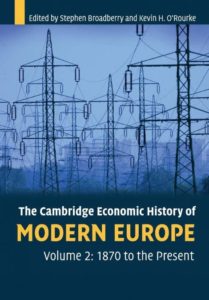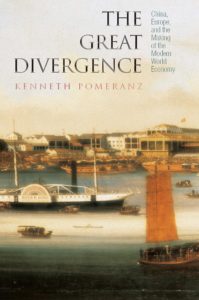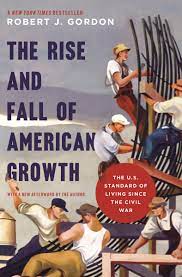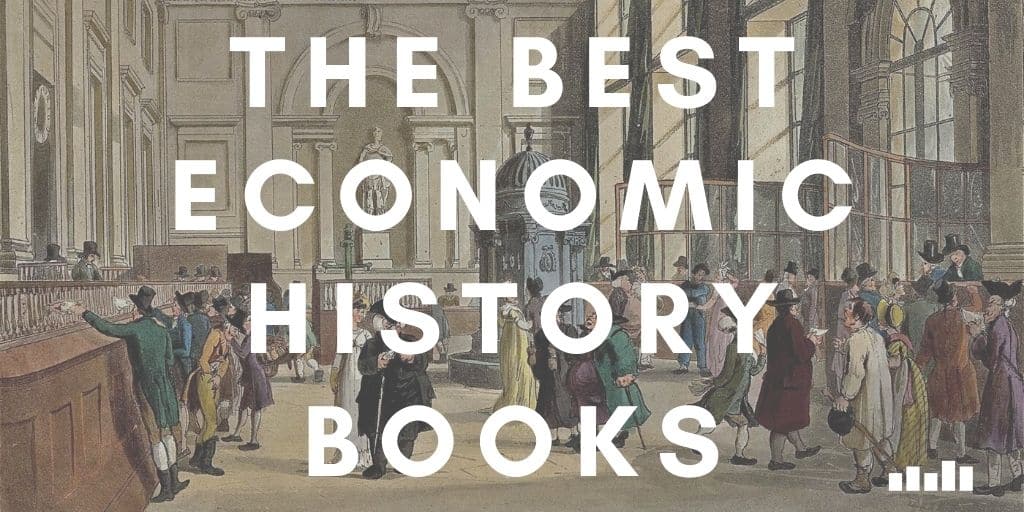|
Getting your Trinity Audio player ready...
|
Reading books on world economic history can provide invaluable insight into the global economy and the forces that shape it. Such books provide an in-depth look into how economies in different countries and different eras have evolved, as well as how economic crises, technological advances, and government policies have all influenced economic growth. This can help readers gain a better understanding of how the world economy works today and the potential for future economic development. Additionally, reading about the history of economic systems can provide valuable context for current debates and policy proposals related to economic issues.
Books on world economic history can help readers gain a better understanding of the political factors that have influenced economic development. This can be beneficial for understanding the current state of international relations and how it affects the global economy. Readers can improve their analytical thinking skills and learn to think critically about global economic issues. This can be beneficial for making better business decisions and for understanding the implications of economic policies.
1. The Cambridge Economic History of Modern Europe by Stephen Broadberry and Kevin O’Rourke
The Cambridge Economic History of Modern Europe is a comprehensive survey of the economic history of Europe from the sixteenth century to the present day. It provides an authoritative and up-to-date overview of the key economic developments and events that have shaped the continent, from mercantilism and the industrial revolution to the rise of globalization and the euro. It covers a range of topics, including trade and commerce, financial markets, banking, industry and agriculture, economic growth and development, and economic policy and institutions. It also explores the political, social and cultural forces that have shaped economic outcomes and consider the role of Europe in the global economy. This book seems to be an essential resource for students and scholars of economic history.

2. The Great Divergence: China, Europe, and the Making of the Modern World Economy by Kenneth Pomeranz
This book is an exploration of the economic and social forces that have shaped the modern world economy. In particular, it provides an in-depth look at the divergent paths of development taken by China and Europe since the 1500s and how these paths have resulted in the current global economic disparities. Kenneth Pomeranz offers a comprehensive account of the various factors that have enabled China and Europe to become the economic powerhouses that they are today, including their respective economic models, institutional structures, technological advances, and the role of global trade. He also examines the role of colonialism and the slave trade in the making of the modern world economy. By providing an analysis of the factors that have led to the current global economic landscape, Pomeranz provides a valuable resource for understanding the complexities of the modern economy.

3. The Rise and Fall of American Growth
The U.S. Standard of Living since the Civil War by Robert J. Gordon is a comprehensive survey of the economic history of the United States since the Civil War. Gordon examines technological advances and economic trends, exploring how they have impacted American life and the U.S. economy. He also examines the impact of politics, immigration, and globalization on the American economy. The book is divided into three parts, covering the periods from the Civil War to World War I, from World War I to World War II, and from World War II to the present. Gordon looks at the impact of major technological changes, including electricity, the automobile, and the computer, on the American standard of living. He also examines the impact of government policies, such as Social Security, the New Deal, and the Great Society, on the economy. Finally, he examines the impact of globalization and the rise of multinational corporations on the U.S. economy.

Conclusion
Reading books on world economic history can help readers to understand how various economic processes, events, and policies have shaped the world as we know it today. By reading about past economic events and their effects, readers can gain an understanding of current economic conditions and how they may be affected by future policies and events. Additionally, readers can learn valuable lessons from the successes and failures of previous economic regimes, which can help them to make better informed decisions in their own economic pursuits.

